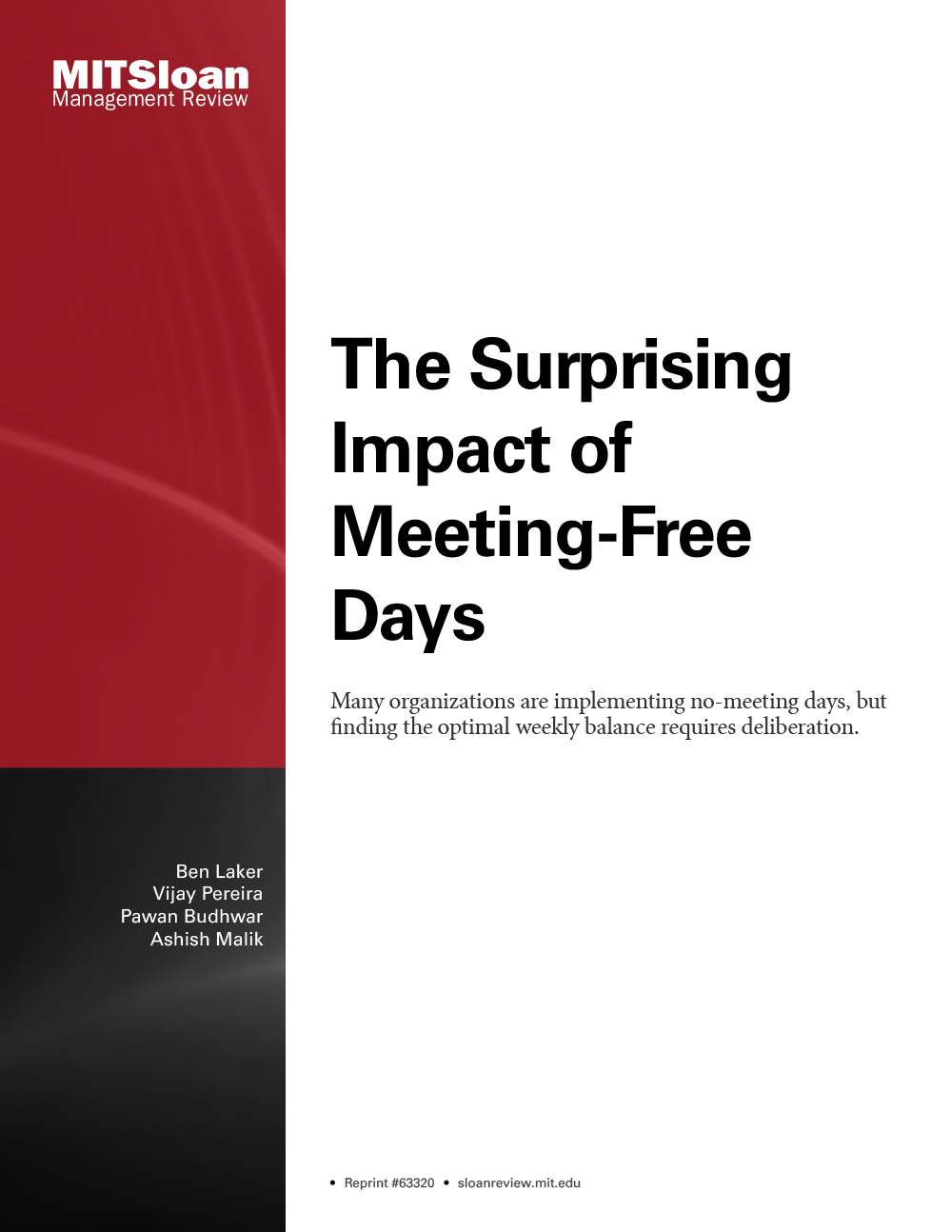
Information Failures and Organizational Disasters
Merck's recent withdrawal of the arthritis drug Vioxx from the market and the warning signs leading up to the crisis are emblematic of how organizational disasters often incubate over long periods of time.
The author asserts that organizational disasters can often be foreseen, but warning signs sometimes go unheeded for various reasons: Signals are not read properly because they seem consistent with organizational beliefs (as in the Enron collapse); signals are noticed but not acted upon (as in the failure of Barings Bank); or no one in an organization has the full range of information to see the situation as a whole (as in the recall of millions of Firestone ATX tires from drivers of Ford Explorers).
The author presents several strategies that organizations can employ to help guard against such negligence. Employees must be aware of how biases affect judgment in crucial situations, and tendencies toward groupthink and group polarization must be controlled. In addition, companies must cultivate an information culture that not only recognizes and responds to unexpected warnings but also helps companies recover. Most important, ongoing conversations about safety and risk, backed by the will to act, are crucial to mitigating trouble and to helping organizations more easily recover from difficult situations.
The author asserts that organizational disasters can often be foreseen, but warning signs sometimes go unheeded for various reasons: Signals are not read properly because they seem consistent with organizational beliefs (as in the Enron collapse); signals are noticed but not acted upon (as in the failure of Barings Bank); or no one in an organization has the full range of information to see the situation as a whole (as in the recall of millions of Firestone ATX tires from drivers of Ford Explorers).
The author presents several strategies that organizations can employ to help guard against such negligence. Employees must be aware of how biases affect judgment in crucial situations, and tendencies toward groupthink and group polarization must be controlled. In addition, companies must cultivate an information culture that not only recognizes and responds to unexpected warnings but also helps companies recover. Most important, ongoing conversations about safety and risk, backed by the will to act, are crucial to mitigating trouble and to helping organizations more easily recover from difficult situations.




